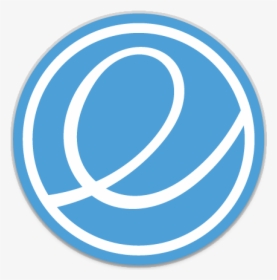Installing Giocoso on ElementaryOS
1.0 Introduction
If there is a prize for the Linux distro that most resembles macOS, then elementaryOS would likely win it hands down! This long-time Linux and Windows user would describe it as having an idiotic child-like dock and all the window controls on the wrong side... but that's how I'd probably describe macOS too! It's an odd Ubuntu-based distro, too, in that you are asked to pay for it when you download it, with the default price appearing to be US$20. Fortunately (from my cheapskate point of view!), there's an option to enter a 'custom' amount for the "purchase"... and zero is a perfectly acceptable custom amount! So you need spend nothing to take it for a spin.
At the time of writing, the distro is listed 12th in popularity in the Distrowatch page hit counter, which I find surprisingly high... but interest in a distro isn't the same thing as actually buying it and using it as a daily driver! I personally find it quirky and peculiar (and mac-like) enough to avoid it like the plague... but I also felt I owed its users the ability to run Giocoso, so Giocoso on that distro is now supported! [...]





